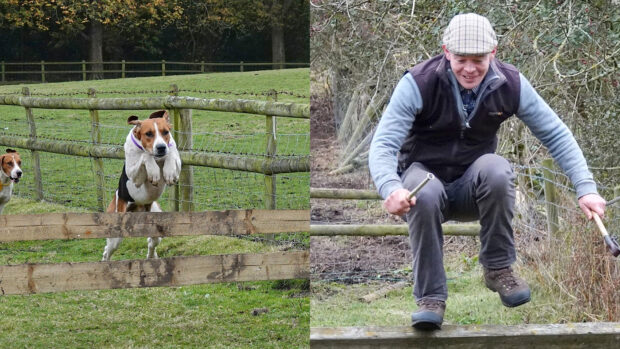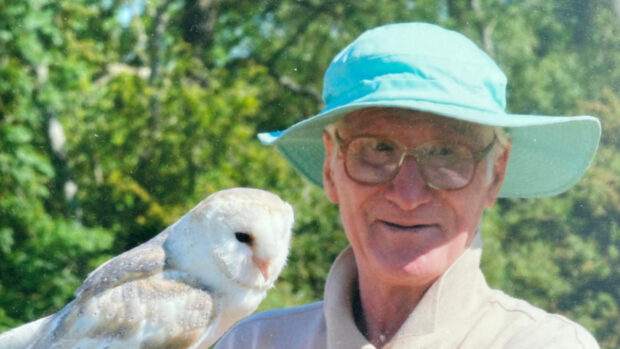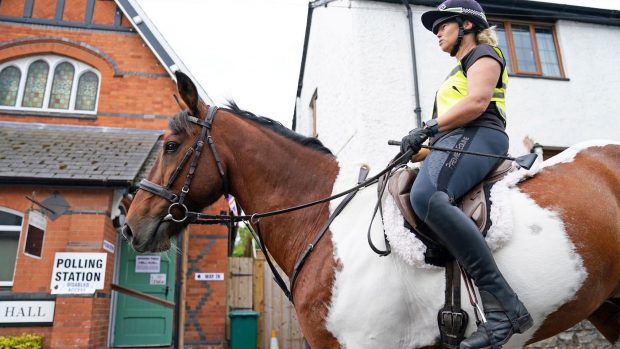All eight of the protestors who stormed into the House of Commons during the hunting bill debate last September have been convicted of violating the Public Order Act.
Otis Ferry, David Redvers, John Holliday, Robert Thame, Andrew Elliot, Richard Wakeham, Nicholas Wood and Luke Tomlinson have all received a conditional discharge lasting 18 months. They were also ordered to pay £350 towards the cost of the prosecution.
The protestors’ defence had been built around the belief that the defendants had burst into the chamber for a chance to raise their cause with the Rural Affairs Minister Alun Michael, rather than to cause fear or alarm for the assembled MPs.
However, district judge Timothy Workman found them guilty of disorderly conduct under section 5 of the Public Order Act, and said: “Your actions caused disruption to the House of Commons and caused some of those present alarm.
“To your credit the incident was brief and there was no violence and those moments of alarm quickly passed. Within a minute or two you were fully cooperative with the authorities. Although I find it very unlikely, I want to deter you from offending again.”
He added: “In my view to protest against the hunting bill would be an entirely reasonable and proper use of freedom of expression, but it does not permit the commission of an offence or disruption of the House of Commons.”
Jeff Hind, who represented Ferry, described the case as “a monstrous waste of taxpayers money”, suggesting that instead of going through the courts the protestors could have been “held in a cell and brought back before the Commons to apologise that night.”
Otis Ferry added: ‘It’s such a shame that we had to go to these lengths to make our voice heard but it has been successful because now around the world people recognise what a corrupt Government we have got.
‘We have got enough problems in the countryside anyway without having to worry about what is happening to the foxes.
‘The law will not work. It’s a bad law and we are going to prove it. It’s going to be very interesting over the next few years.’
Mr Ferry was asked what he was thinking as he burst into the Houses of Parliament and replied: ‘I was thinking that it was upsetting that only a handful of people had bothered to turn up to debate what was going to happen in my life.
‘It clearly meant nothing to them – but it meant lots to me. They were happy to turn up that night and put their vote in a box without taking part in a debate because they were bigots who had already made their minds up.’




